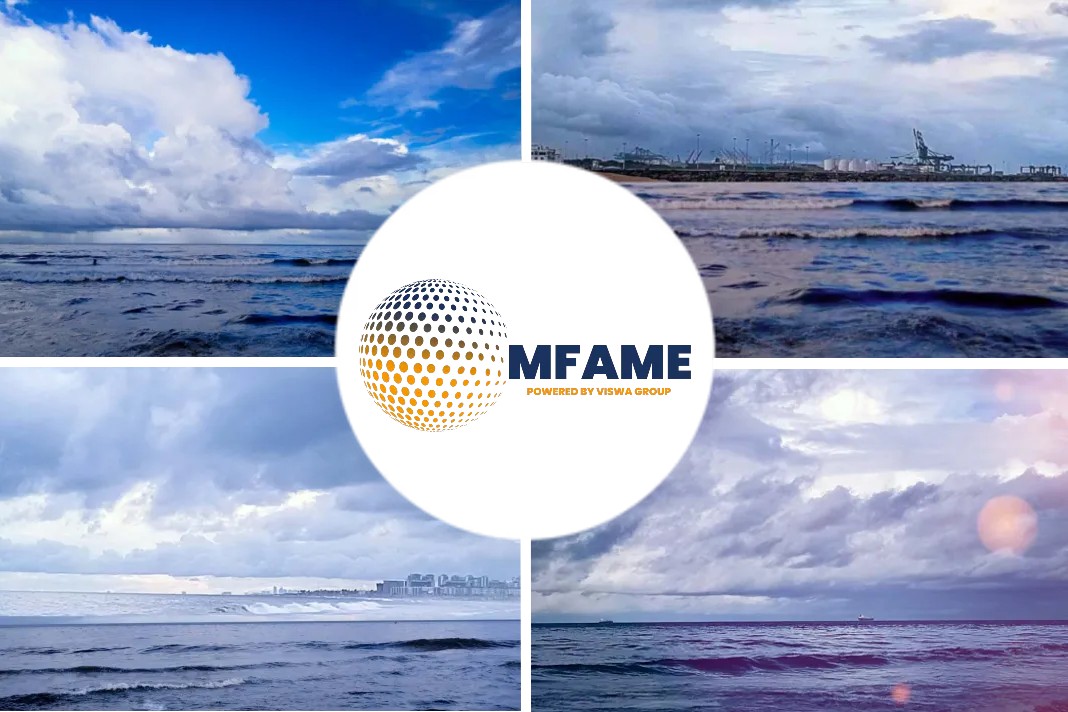 The Methanol Institute (MI) on said it is calling on maritime policy-makers to adopt a ‘well-to-wake’ approach in GHG accounting of fuels to support the decarbonisation of maritime transport, says an article published on manifold times website.
The Methanol Institute (MI) on said it is calling on maritime policy-makers to adopt a ‘well-to-wake’ approach in GHG accounting of fuels to support the decarbonisation of maritime transport, says an article published on manifold times website.
European Union’s plans for maritime emissions
The recent release of the European Union’s plans for maritime emissions trading will be followed later this year by the IMO MEPC 77 meeting and COP 26, both of which will intensify the pressure on governments to put viable fuel choices in the hands of shipowners.
Well-to-Wake approach
Applying a well-to-wake approach in GHG accounting of maritime transport has four important implications for shipping.
- First, it would provide an investment signal and foster innovation in renewable power generation and avoid transferring the reallocation of GHG emissions to upstream fuel production processes.
- Second, the burden of decarbonisation would belong to the entire maritime sector rather than to shipowners alone.
- Third, it will enable the industry to respond to fast-approaching regulatory targets and adopt sustainable fuels without delay and
- lastly, policy should incorporate incentives as well as present investment signals.
“A well-to-wake approach would share the burden with fuel suppliers, power generators, port authorities and national governments – we can’t just look at what happens in the engine room and ignore how the fuel got into the ship’s bunkers in the first place”, says Gregory Dolan, Chief Executive Officer of Methanol Institute.
MI policy papers
The MI policy paper includes an analysis of the consequences of focussing purely on tank to wake or ‘operational’ emissions. By granting vessels propelled by ammonia or hydrogen from natural gas ‘zero-emission’ status, policy-makers ignore the fact that they emit more than GHG any of the other potential alternative fuels.
If policymakers truly intend to apply a metric to GHG emissions which reflects reality instead of a false impression of progress, the well-to-wake approach represents the only viable path forward.
“The approach for calculating well-to-wake emissions based on fuel consumption is well established, as Lifecycle Assessment is frequently applied across different sectors to assess true environmental impact,” says Matthias Ólafsson, MI Manager of Government and Public Affairs, Europe.
Summary
- MI adopted a ‘well-to-wake’ approach in GHG accounting of fuels to support the decarbonisation of maritime transport.
- The recent release of the European Union’s plans for maritime emissions trading will be followed later this year by the IMO MEPC 77 meeting and COP 26.
- A well-to-wake approach would share the burden with fuel suppliers, power generators, port authorities and national governments.
- The MI policy paper includes an analysis of the consequences of focussing purely on tank to wake or ‘operational’ emissions.
Did you subscribe to our daily newsletter?
It’s Free! Click here to Subscribe!
Source: manifold times






















